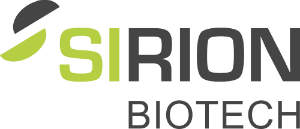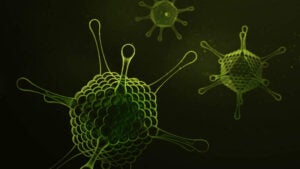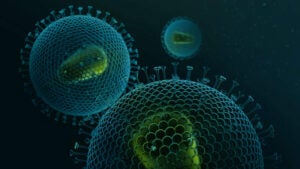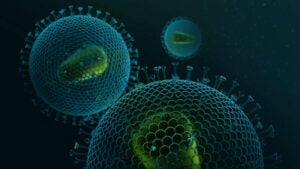Using Viral Vectors to Reach Higher Transduction Levels
Known as transduction, the application of virus particles to deliver gene constructs to a cell is one of the best and most efficient ways to genetically modify mammalian or human tissue.
While its potential is endless, there are limitations. But, with the following expert help, these boundaries can be overcome:
1. Add transduction boosters
Transduction boosters are reagents that are added to the transduction medium to increase success rates. Different modes of action are possible.
Many booster systems act as an adapter between the cell and virus receptors to enable better adherence to cells that carry a fitting receptor-makeup and increase the uptake of the virus. A good example is the AdenoBOOSTTM reagent. The short adapter-peptide can increase the transduction efficiency of adenovirus particles by a factor or 50, enabling transduction for cells with low chimeric antigen receptor (CAR) densities.
Other reagents are used independently of receptor biologies to improve the general physico-chemical interactions taking place between cell membrane and virion during transduction. Polybrene or the clinically applicable LentiBOOSTTM, for example work this way.
2. Amend your protocol
Susceptibilities to virus particles can differ greatly between cell types. Often, small changes to an existing protocol, such as increasing viral load or incubation time can have a significant effect.
Added steps can further help maximise the impact. Integration of a centrifugation step during lentiviral transduction, for example, can improve the number of transduction-positive SUDHL-1 cells from ~40% to more than 80% (demonstrated in Anastasov et al, 2016).
As a technology expert and service provider for vector customisation, SIRION Biotech has collected and optimised transduction protocols for more than 150 cell type / virus pairings.
3. Switch serotypes
Viral vectors come in different serotypes. Cell surface antigens determine the serotype of the virus and also greatly influence what cells the virus can interact with, its immunogenicity, and how easy it is to produce. Standard suppliers often rely on only one or two serotypes to back their vector portfolio, limiting their scope.
SIRION Biotech offers a wide range of virus serotypes and options to alter surface antigens for adeno-assiciated virus (AAV), adenovirus, and lentivirus, adapting them to fit your project as best as possible.
4. Find an alternative vector system
Often, one virus system can do what the other cannot. Being able to switch between systems will greatly improve the progress of your work and help you reach your goals without having to compromise to any limitations.
With three completely standalone virus systems, a continuously growing portfolio of virus modifications and understanding of game-changing modalities like Clustered regularly interspaced short palindromic repeats (CRISPR) / CRISPR-associated (Cas), such as short hairpin ribonucleic acid (shRNA), derived knockdown, and inducible expression systems. SIRION Biotech offers the most versatile gene delivery and modification system on the planet.
5. Contact SIRION Biotech
Sirion Biotech has been in the gene delivery business for more than 10 years. With 250 projects or more every year, and paired with a fully personalised consultation service, it is the ultimate one-stop shop for all your viral vector needs.






